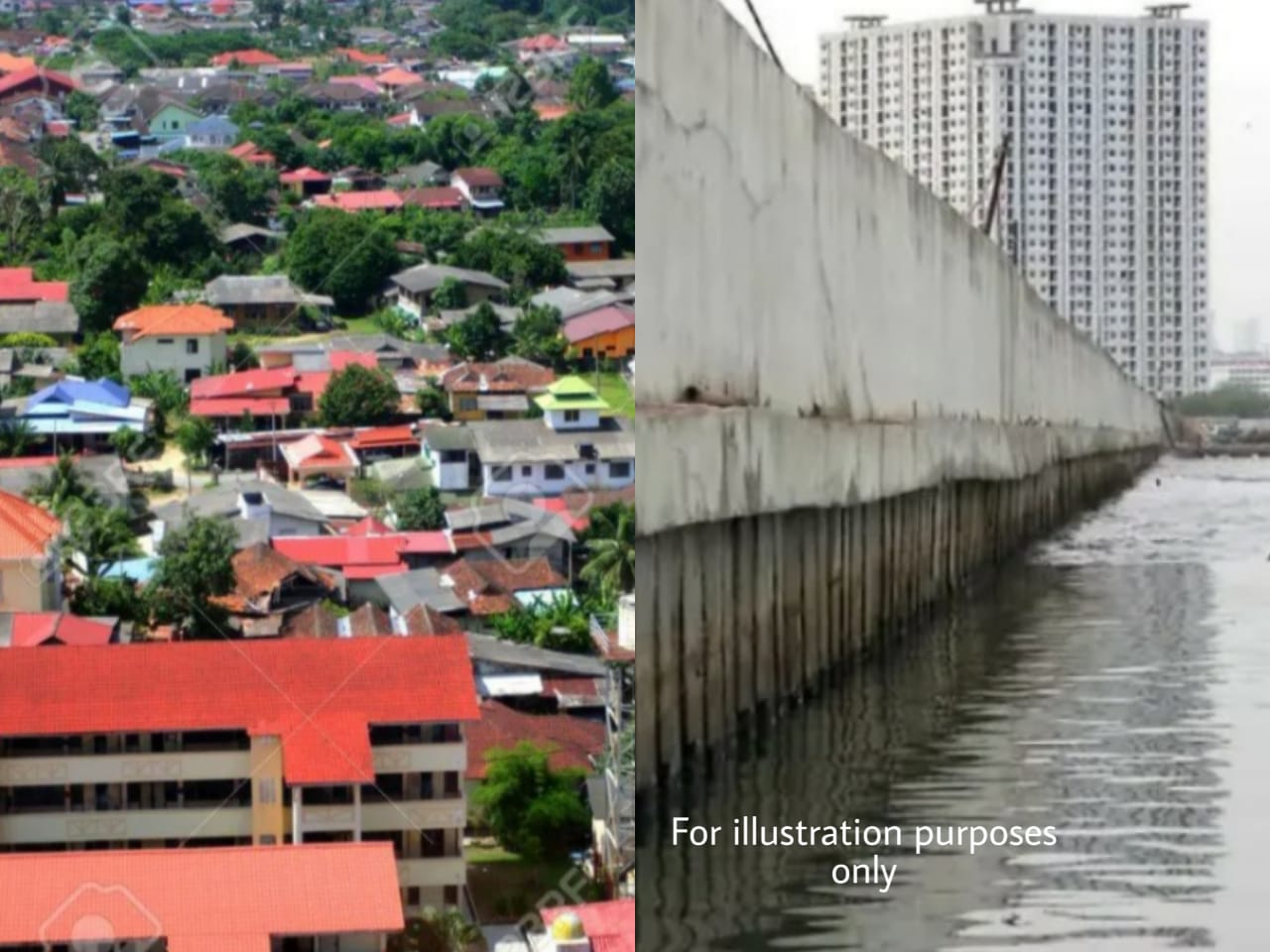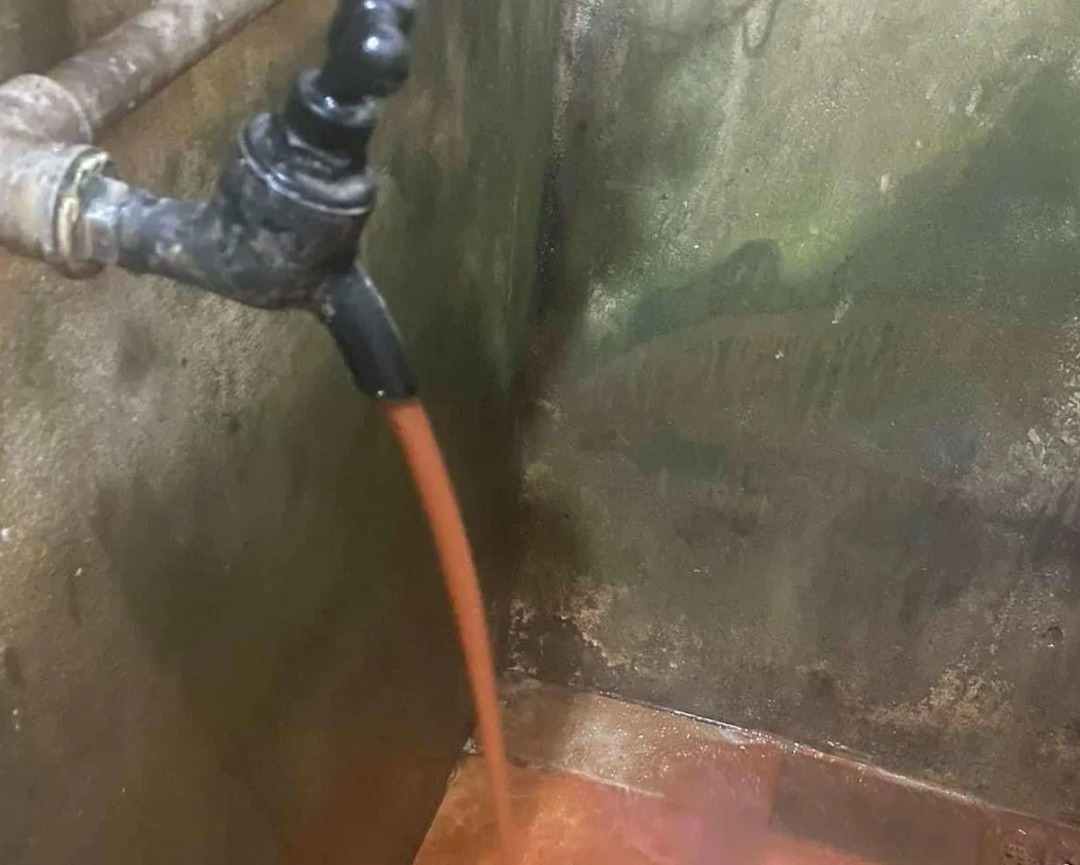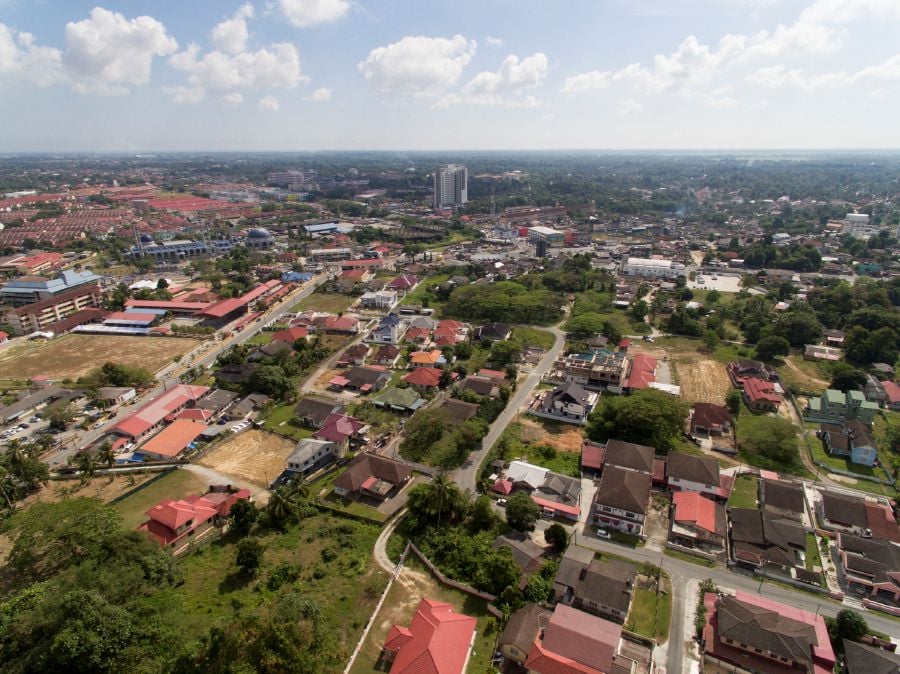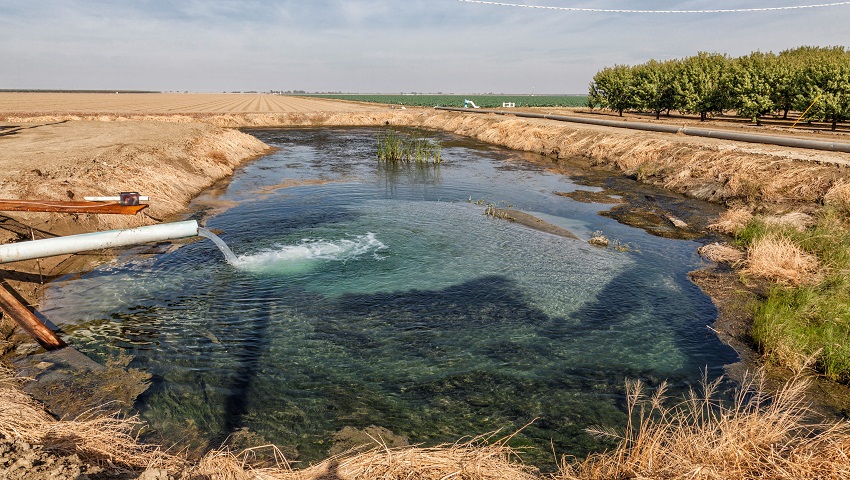Kelantan Faces Possibility Of Sinking Due To Unmanaged Groundwater Extractions
 Thirsty for JUICE content? Quench your cravings on our Instagram, TikTok and WhatsApp
Thirsty for JUICE content? Quench your cravings on our Instagram, TikTok and WhatsApp

Water issues in Kelantan have remained prevalent throughout the years. In September this year, residents took to social media to take a stand against the distribution of polluted water, claiming that they have suffered from skin disorders and other illnesses as a result of that.
At the time, they asserted that none of the authorities had stepped in to help.
Most recently, concerns about subsurface water extraction in the east coast state have been raised by a researcher who has been investigating groundwater flow in Kelantan.

According to Yong Chien Zheng, a lecturer in surveying at the University of Otago in New Zealand, unless the state is cautious when harvesting subsurface water, Kelantan may follow in Jakarta’s footsteps and eventually begin to sink. This was stated in today’s issue of The Star.
Kuala Krai had the highest subsidence rate, at 4.22 mm per year, as per Yong’s 17-year study of GPS data in 11 disparate locations in Kelantan.
A report entitled “Groundwater extraction-induced land subsidence: A geodetic strain rate investigation in Kelantan, Malaysia” was released as a conclusion of his research in 2018.
He informed the publication that there is a strong association between groundwater extraction and subsidence, the sinking of a building or piece of land, but he was unable to pinpoint the root reason due to an inadequacy of information.

Without immediate action from the government, he continued, land in Kelantan would begin to sink, potentially submerging other areas of the state.
“Kelantan’s present subsiding rate is fairly similar to Jakarta’s before the 1970s. Groundwater extraction in the Indonesian city raised subsidence rates as a result of the rising groundwater demands. As a result, 40% of Jakarta is currently below sea level.
In order to alert the state government about the exploitation of groundwater, I released a report of my research because we don’t want what transpired in Jakarta to replicate here,” said Yong.

The Star claims that the people of Kelantan frequently extract subsurface water for their domestic needs.
“The lack of a scientific method to regulate the equilibrium between groundwater usage and recharge rate will cause the subsidence rate to increase. In the worst-case scenario, economic expansion will likely cause subsidence to accelerate. However, without additional data analysis, this forecast is unclear,” Yong added.
The article also noted similarities between Yong’s study and one from University Teknologi Malaysia’s Ami Hassan Din, which was conducted in 2015.

But Datuk Azuhan Mohamed, a former general manager of Air Kelantan Sdn Bhd (AKSB), told The Star that despite prior claims that the state had sunk as a result of groundwater exploitation, inspections had found nothing to support the allegations.
“I am unsure of the study’s focus areas. The Mineral and Geoscience Department was contacted for more information, but as far as I’m concerned, there have been no such events. The study presumably looked at some rural places,” he was quoted as saying.
According to reports, Azuhan suggested that additional variables, including extreme rainfall, soil compaction, underground mining, and collapsing abandoned mines, may have caused the area to sink. However, the federal government has underlined that the state water company’s inadequate management of its money and resources is to blame for Kelatan’s water problems.


 Get Audio+
Get Audio+ Hot FM
Hot FM Kool 101
Kool 101 Eight FM
Eight FM Fly FM
Fly FM Molek FM
Molek FM

